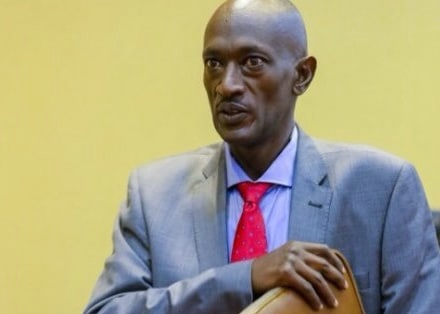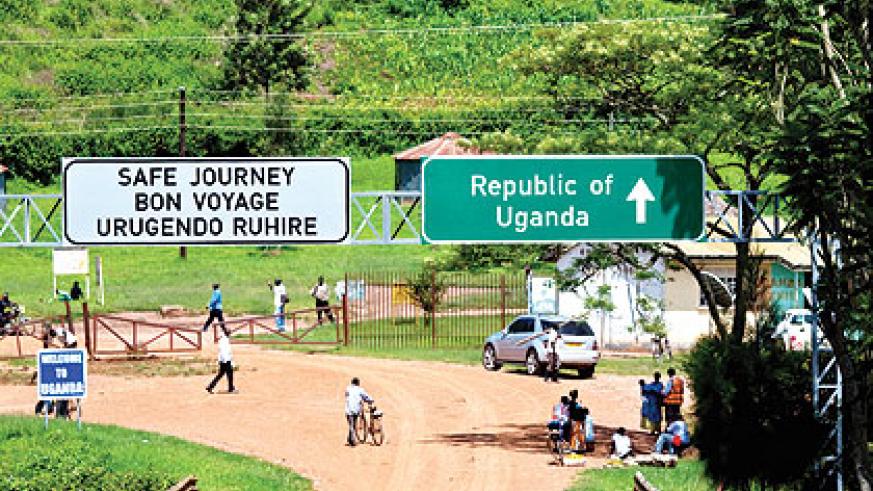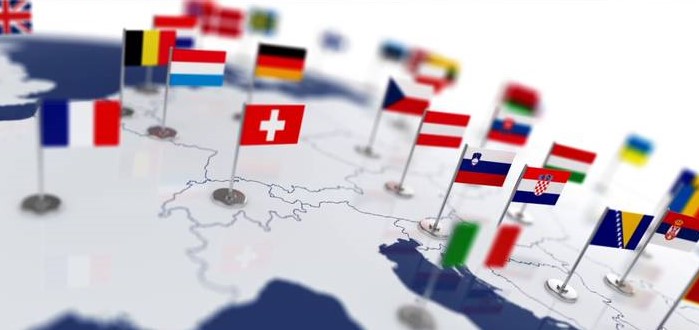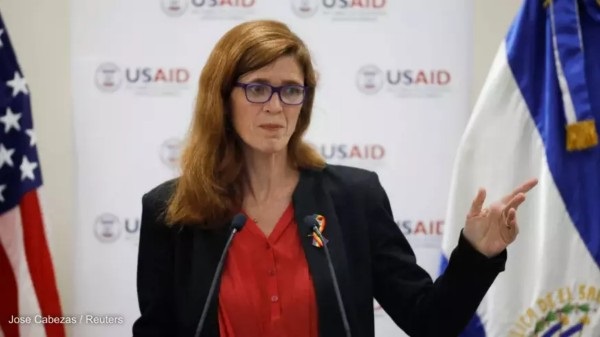Regional
For the Catholic Church, punishing genocide crimes is not top priority
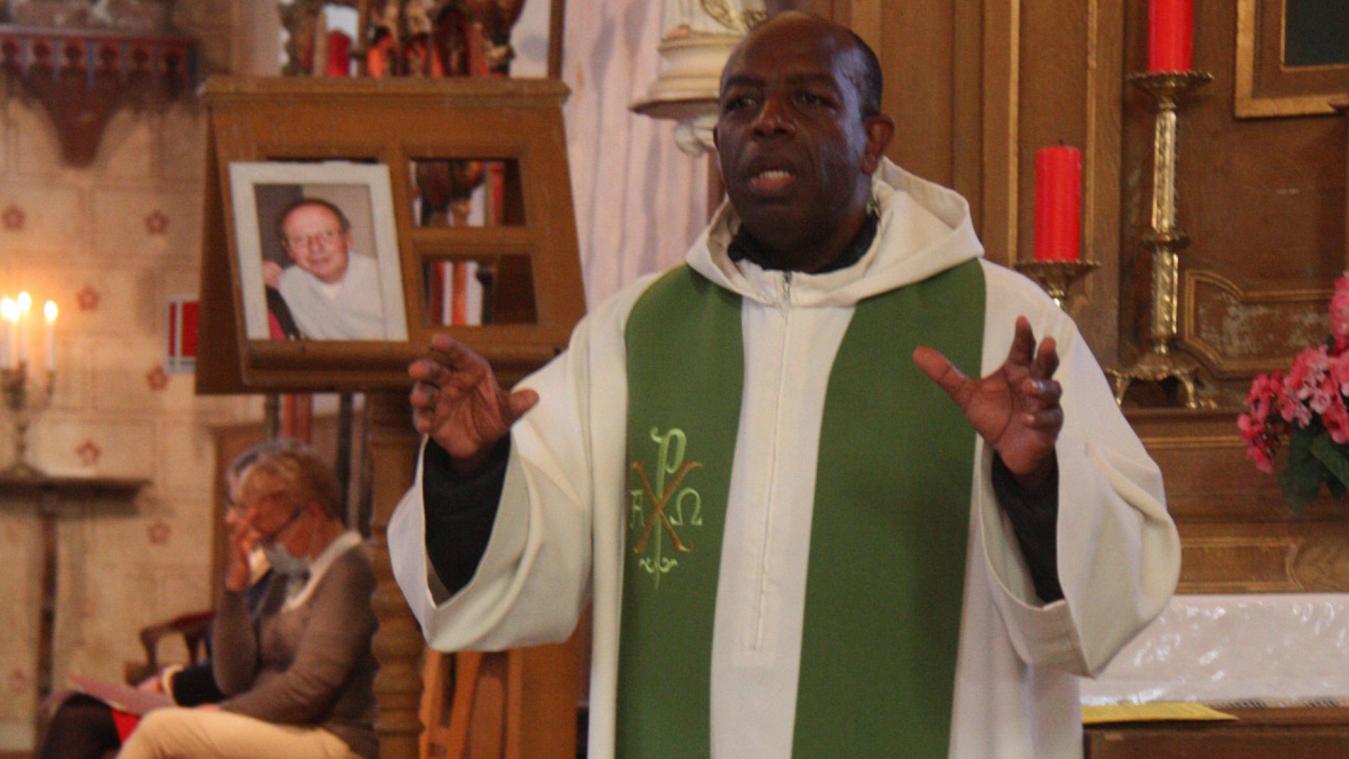
For
survivors of the 1994 genocide against the Tutsi in Rwanda, the news about
Father Wenceslas Munyeshyaka's ex-communication came to reinforce their view
that the Catholic Church was never interested in punishing genocide criminals.
The Church was only quick to sanction him for
breaching the vow of celibacy as one its priests.
It
was recently reported in French media
that Christian Nourrichard, Bishop of Euvreux, had suspended Munyeshyaka,
priest at Saint-Martin de la Risle Parish for acknowledging the paternity of an
11-year-old child.
Bishop
Nourrichard declared that he was forced to sanction Munyeshyaka, in conformity
with the Canon Law which also stripped him of the right to serve as a priest or
officiate any sacrament.
What
is shocking is that for all those years, the Catholic Church never showed
interest in sanctioning this man for his ignominious past, including
participation in genocide crimes and crimes against humanity which he stood
accused of for more than two decades.
Munyeshyaka
was a vicar at Sainte Famille Church in the heart of the Rwandan capital,
Kigali, during the 1994 genocide against the Tutsi.
He
is accused of taking part in the massacres of the Tutsi at the Centre for
Studies of African Languages (CELA), at Ste Famille Church, St Paul, and the
surroundings. Survivors at Ste Famille also accused of raping Tutsi women.
In
October 2006, Munyeshyaka was tried in absentia before the Military Court in
Kigali as an accomplice of Gen Laurent Munyakazi who had overseen the security
of the city of Kigali during the genocide. According to Rwandan law, civilians
accused of complicity with members of the army are tried before a military
tribunal.
On
November 16, 2006, the Military Court sentenced Munyeshyaka, in absentia, to
life imprisonment.
Between
April and May 1994, Munyeshyaka allegedly contributed to the genocide being
carried out against the Tutsi by the Interahamwe militias and members of the
then Rwandan armed forces. He allegedly repeatedly participated in the
selection of Tutsi refugees to be murdered, left them to die of thirst,
reported to the authorities those who tried to help them and raped several
women.
At
the end of the genocide, in 1994, Munyeshyaaka was ex-filtrated from Rwanda by
the Catholic Church and he went to France where he sought asylum on political
grounds. Since 2001, he was a priest for the parishes of Gisors and the Epte
Valley in France.
A
legal enquiry was opened against Munyeshyaka in 1995 after a complaint was
lodged, for “complicity in torture and inhumane or degrading treatment”.
Witnesses gave account in precise detail of the massive executions which allegedly
took place on the April 17 and 22, 1994 in Ste Famille Church, in downtown
Kigali, where Munyeshyaka was a vicar.
On
July 25, 1995, an official investigation was opened against Munyeshyaka by an
investigating judge, for “genocide, crimes against humanity and participation
in a group already created for, or having as intent the planning of these
crimes, on the basis of the principle of universal jurisdiction as provided for
by the 1984 New York Convention against Torture”.
On
March 20, 1996, the investigation chamber of the Court of appeal in Nîmes
(Chambre de l’instruction de la Cour d’appel de Nîmes) pronounced that France
did not have jurisdiction over crimes of genocide committed abroad, by a
foreigner, against foreigners.
However,
soon after the Statute of the ICTR had come into force under French domestic
law, French Supreme Court (Cour de Cassation), on January 6, 1998, ordained
that the proceedings instituted in 1995 against Munyeshyaka be reopened.
The
case was sent back to the investigation chamber of the Court of appeal in Paris
which, on June 23, 1999, extended the scope of competence of the French judge
to cover genocide and crimes against humanity.
In
September and October 2000, an investigating judge requested that two
international rogatory letters be held in Rwanda to proceed with the hearing of
testimony from around 70 witnesses. By 2004 none of international rogatory
letters had been conducted.
The
slowness of the proceedings led to France being condemned on June 8, 2004 by
the European Court of Human Rights, which had taken up the case in 1999 on the
request of Yvonne Mutimura, one of the plaintiffs in the case.
On
June 21, 2007, the ICTR issued an arrest warrants against Munyeshyaka and
against the former prefect of Gikongoro, Laurent Bucyibaruta, who is also
exiled in France.
On
July 20, 2007, both men were arrested and brought before the office of the
State Prosecutor who sent the case to the investigation arm of the
Investigation Chamber of the Court of Appeal in Paris. This court ruled that
the ICTR arrest warrant was imprecise, especially regarding the French law on
the presumption of innocence and therefore ordered the immediate release of
both men.
The
State prosecutor did not appeal this decision with the result that both men
remained under judicial supervision in the framework of the proceedings already
opened for genocide and crimes against humanity.
The
ICTR issued a second revised arrest warrant on August 13, 2007 and the two men
were again arrested by on September 5,
2007. On September 26, the Court of Appeal in Paris requested further
information from the ICTR stating that it could not decide based on the
information provided.
On
November 20, 2007, the ICTR decided to decline jurisdiction over the case in
favour of the French judicial authorities.
On February 20, 2008, French authorities agreed to try Munyeshyaka and Bucyibaruta in France. Both suspects were arrested, and subsequently released under judicial supervision for the time of the investigation.
On
August 19, 2014, it was confirmed in the report by the International Residual
Mechanism for International Criminal Tribunals (IRMCT), that the judicial
inquiry into Munyeshyaka, led by France, was in its final phase.
In
April 2015, the investigation of the case was completed. On October 2, 2015,
the investigating judge ordered the dismissal of the case, in accordance with
the Prosecutor’s request. The judge explained that although Munyeshyaka
manifested radical opinions and had maintained friendly relations with the
military and militias, this would not suffice to establish his participation in
the crimes committed by the militias.
On
November 8, 2017, the Investigation Chamber of the Court of Appeal in Paris
postponed the appeal hearing.
On
June 21, 2018, the Investigation Chamber of the Court of Appeal in Paris
confirmed the dismissal of the case. Civil parties announced their intention to
appeal this decision. On October 30, 2019, the French Supreme Court rejected
the appeal from the civil parties.
Munyeshyaka
is definitively cleared of all charges.
This
was a clear betrayal of the victims and survivors of the mass-killings in the
heart of the capital Kigali in which Munyeshyaka took part.
He
was often seen moving about in bullet proof and armed with a pistol.
It
is difficult to reconcile how, for the Catholic Church, fathering a son is a
heavier crime than being involved in genocide and crimes against humanity.
The
case of Munyeshyaka is a perfect illustration that the Catholic Church prefers
to ignore genocide crimes and crimes against humanity committed by one of its
priests but would not hesitate to punish anyone violating the Canon Law.


